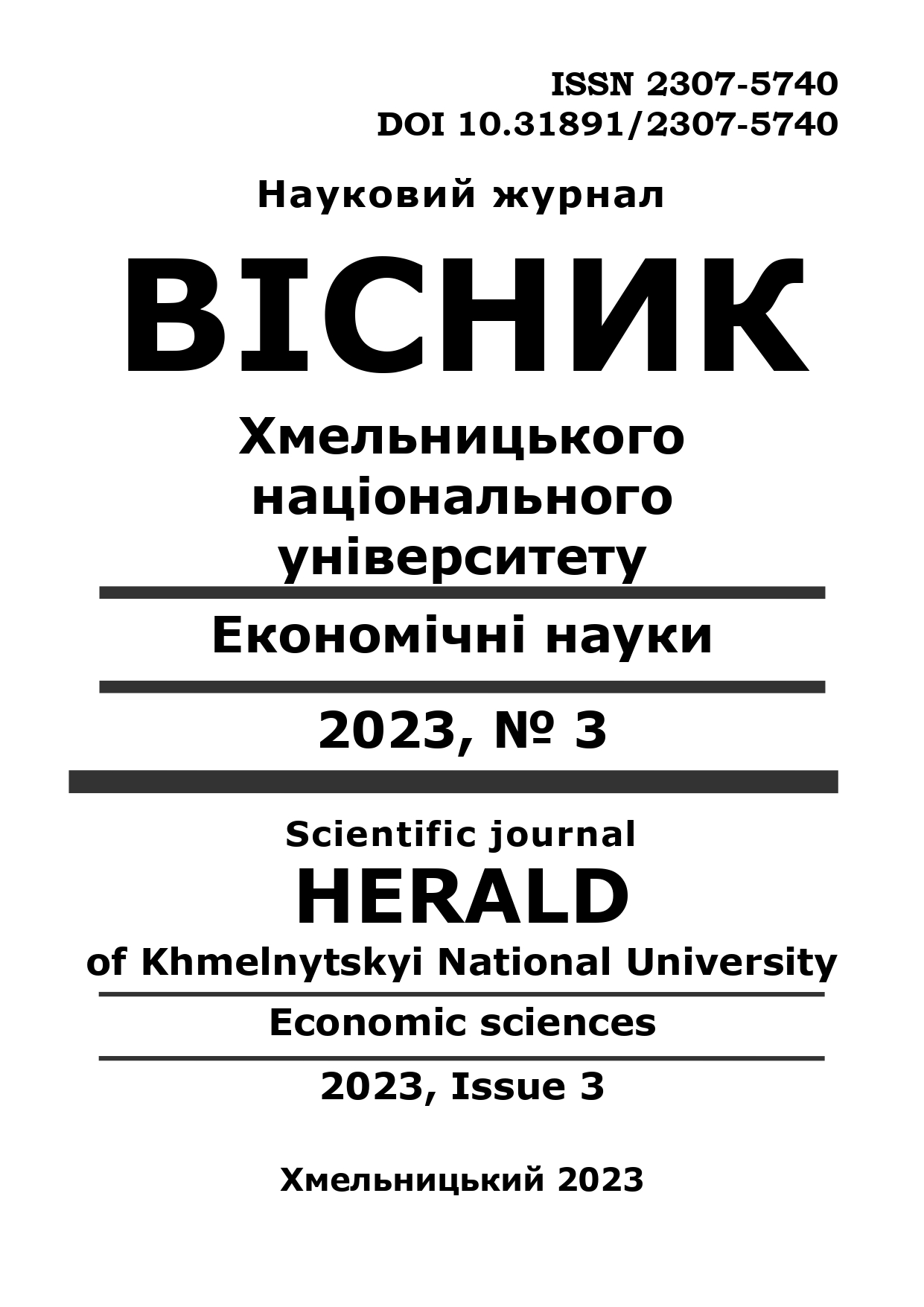STRATEGIC PERSPECTIVES OF THE AGRICULTURE SECTOR DEVELOPMENT UNDER THE GLOBAL CIRCULAR ECONOMY CONDITIONAL
DOI:
https://doi.org/10.31891/2307-5740-2023-318-3-58Keywords:
agri-food sector, production and sales chain, global circular economy, development, agricultural products, strategyAbstract
The article establishes that an urgent priority direction for Ukraine is to ensure the appropriate level of agriculture competitiveness under the conditions of Industry 4.0, i.e. “Agriculture 4.0” and the global circular economy. Important strategic measures on the way to change have been highlighted. It has been found that achieving the competitiveness level of the economy’s agri-food sector under the global circular economy conditions involves solving a number of strategic tasks: 1) an innovative breakthrough that can be achieved with the help of the “green revolution” in the field of agricultural technologies; 2) modernization of the logistics infrastructure, which will be a guarantor of the rural area’s social programs implementation; 3) applying new approaches to planning and controlling the flow of agricultural products from agricultural producers to consumers, implementing logistics strategies based on the principles of adaptability and flexibility. Various approaches to the interpretation of the concept essence “logistics strategy” are presented. It has been proven that the profitability of agricultural enterprises is affected by the creation and modeling of economic added value. It was found that three key indicators are used during the calculations: net operating profit after taxes, capital invested in the enterprise and the weighted average cost of its attraction. The main tasks that stimulate production and trade in individual links of value-added chains are highlighted: first, in the production segment of the value-added chain: (1) cultivation, harvesting, processing and storage of agricultural products with a lower degree of value addition; (2) domestic norms in the field of standardization and certification of raw materials, materials and semi-finished products; secondly, in the marketing segment of the value-added chain (relevant final sales markets and the sphere of trade). Based on the guidelines for the development of Ukraine until 2030, the actual data for five years were analyzed, in particular, the indicators established at the national level. Corresponding positive strategic prospects for the development of the agri-food sector under the conditions of the global circular economy have been formed.


